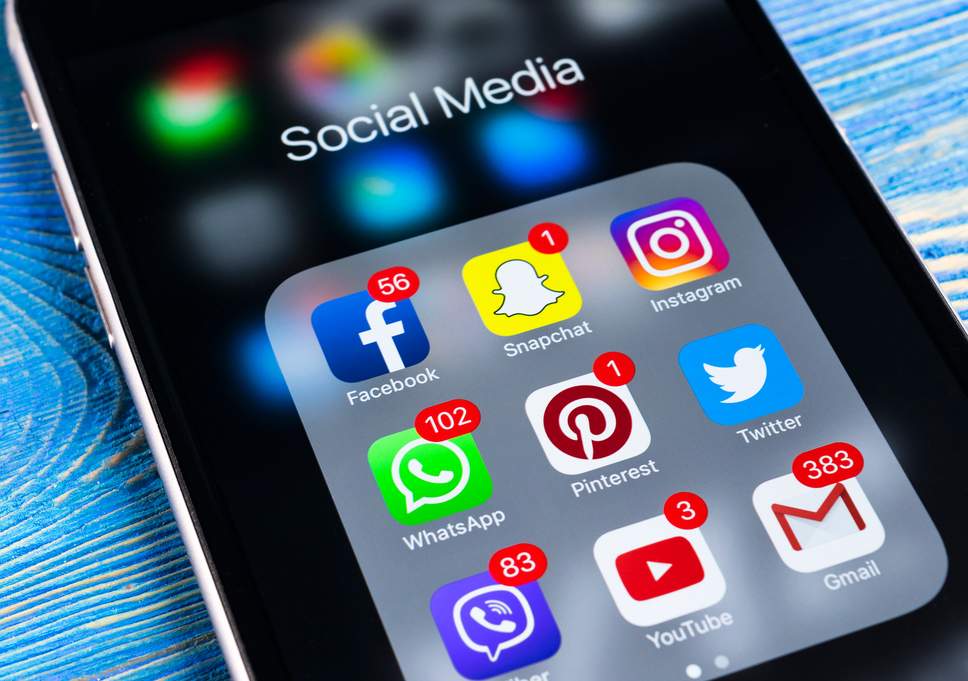The 7 Worst Social Media Scams
Cyber criminals are everywhere, they’re
even terrorizing your social media news feed!

In this day and age your personal
information such as where you go, what you do, who you chat to and what you
like can be used as valuable data by cyber criminals. These cyber criminals
will sell your private data to people who will use it to target ads, launch
campaigns and other malicious operations.
You may be thinking to yourself, I’m only
one person; no one is going to target me. Well, you’re very wrong! Should you fall
victim to a social media scam it not only affects you, it affects your entire
network of friends and contacts.
Make sure you know these common social
media scams and avoid them as best you can…
1. Quizzes, Surveys & Contests. These
scams are cute enough to make you think they’re completely innocent. And while
you might think it’s all fun and games when they ask you your mothers date of
birth or maiden name so you can see what Game of Thrones character you are, they
are in fact getting information about you and your loved ones – do not click on
these!
2. Clickbait. It’s almost irresistible to ignore
that headline and not click on that unbelievable article, but the truth is it’s
just bad actors doing a really good job at knowing what clickbait will tempt
you. Should you click you’ll be redirected to where they want you to go, most
of the time it’s to a fake login page where they can steal your information!
3. Cash Requests. Someone you know is desperately
asking for money be aware that it could be someone who has hacked into their
account and is not spamming every one of their friends, asking for money.
Always double check with your friend if you receive a request for money on a
social media website.

4. Short URLs. They save space, but
criminals on social media sites are using these shortened URLs to trick you
into clicking them and spreading virus, malware and so much more! Before you
click on anything, check on http://www.checkshorturl.com/
to ensure it will take you to the official website.
5. Suspicious Friend Requests. This one is
obvious, but whenever someone sends you a friend request always ask yourself,
why? If you can’t think of a reason rather ignore the friend request. In today’s
digital world, you can never trust the kindness of strangers, especially those
on social media.
6. Double friend Requests. You have probably
experienced this one before, you received a friend requests from a friend you
already have and justify it as their new profile or a mishap and accept the
request. Well, it’s not your friend; it’s a cybercriminal hoping you let them
in!
7. Fake Emergencies. These “emergencies” will
seem to be from a friend or the social media site itself informing you of
something critically important on your account. Cyber criminals are hoping you’ll
be a panicked state and enter your login details, giving them access to your
private information. Never trust links within messages, posts, or emails.
The good news for you is that these scams
are easy to spot and avoid, the bad news is that millions of users who are not
tech-savvy will be innocent enough to fall for them!

Have you fallen victim? At OSINT, we will do what we
can to assist you, call 021 110 0422, email contact@osint.co.za or learn more
here www.osint.co.za
Comments
Post a Comment